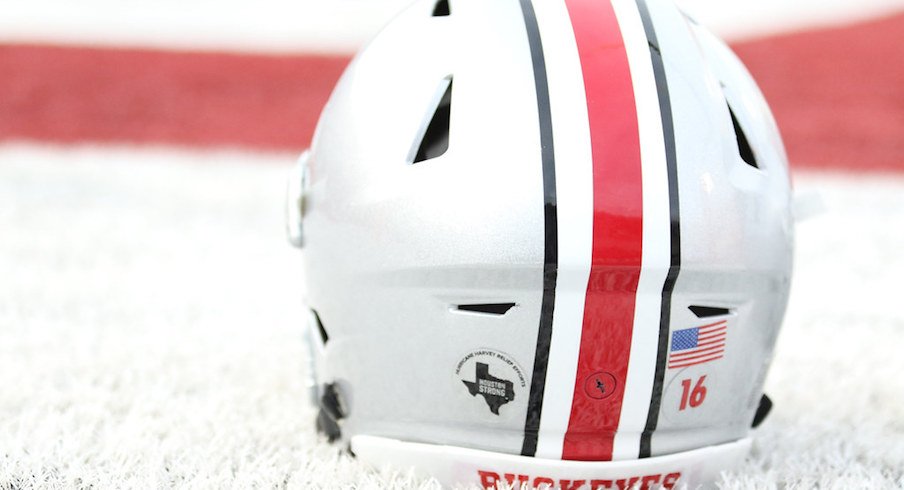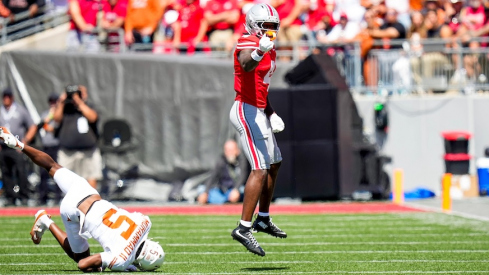A one-time transfer exception won't be coming to all sports for this athletic season, but changes are on the horizon.
The Division I Council announced on Wednesday that it intends to adopt new legislation by January "creating uniform, modernized rules governing eligibility after transfer for student-athletes in all sports."
Previously, the NCAA's Transfer Waiver Working Group proposed a similar change through the waiver process – which could have allowed the one-time transfer exception to go into effect for the upcoming academic year – but last month the NCAA Division I Board of Directors indicated it preferred a legislative change after determining that the waiver process was “never designed to accommodate sustained requests for relief from a rule without actually changing the rule.”
“The transfer environment has long been an issue of much discussion in Division I. The Division I Council is committed to a uniform and equitable approach to transfer rules that considers student-athlete well- being and the opportunities available after transfer,” said council chair M. Grace Calhoun. “We will not simply change the rule, but we will consider a comprehensive package designed to address the multiple complexities involved.”
The legislation's goal is to bring uniform transfer rules across all 25 NCAA sports. Under the current rules, student-athletes in football, men's and women's basketball, baseball and men's hockey must sit out a year after a transfer to another Division I program, unless they are granted a waiver from the NCAA or are a graduate transfer. The NCAA's 20 other sports, however, already allow a one-time transfer without sitting out.
“The Transfer Waiver Working Group members are ready to assist as the division works toward developing a comprehensive solution,” working group chair Jon Steinbrecher said. “We have developed a detailed understanding of the waiver process and believe that knowledge will be valuable as the division moves toward a permanent legislative solution.”


